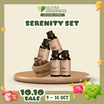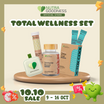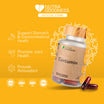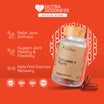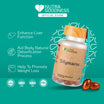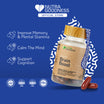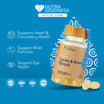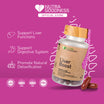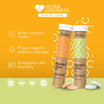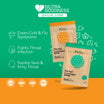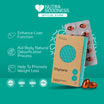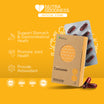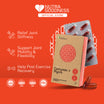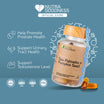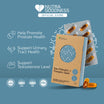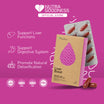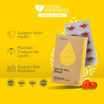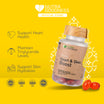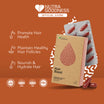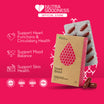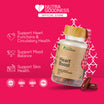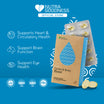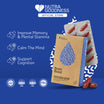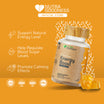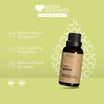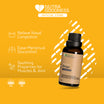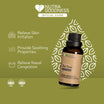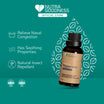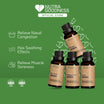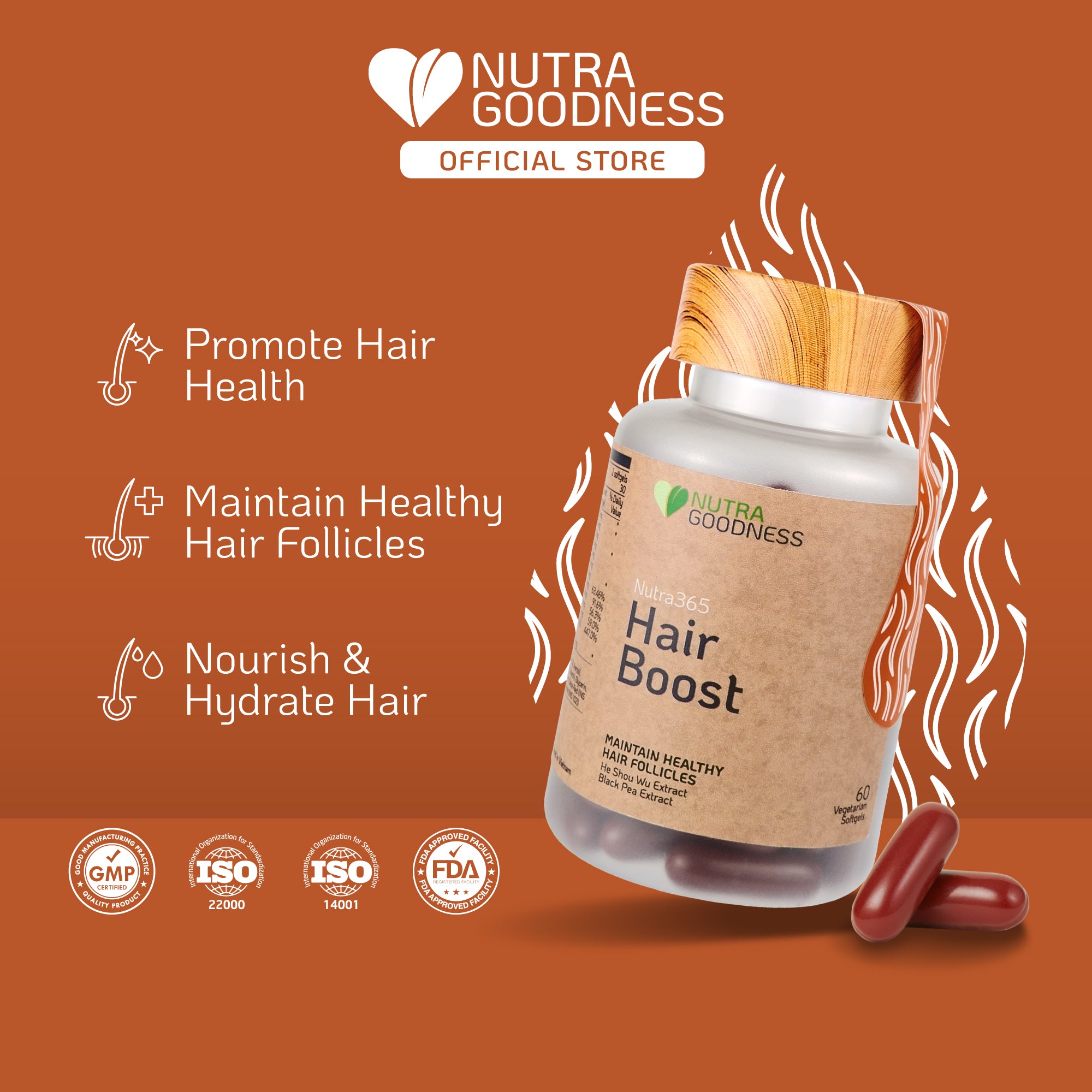Your hair is not just a reflection of your appearance—it’s also an indicator of your overall health. Maintaining strong, shiny, and healthy hair requires a combination of proper care, a nutritious diet, and an understanding of what your hair needs. In this article, we’ll explore the factors that affect hair health and practical tips to keep your locks looking their best.
Understanding Hair Structure and Growth
Hair is made up of keratin, a protein produced by hair follicles in the skin. Each hair strand grows through three phases:
- Anagen (Growth Phase): Lasts 2-7 years and determines hair length.
- Catagen (Transitional Phase): Lasts about 2-3 weeks as the hair follicle shrinks.
- Telogen (Resting Phase): Lasts about 3 months, after which the hair sheds, and a new cycle begins.
On average, a healthy scalp contains 100,000 to 150,000 hair follicles, and it’s normal to shed about 50-100 hairs per day.
Factors Affecting Hair Health
- Diet and Nutrition : A lack of essential nutrients like proteins, vitamins, and minerals can weaken hair. Incorporating the right supplements can help with the lack of nutrients from diet.
- Stress: High stress can lead to conditions like telogen effluvium, causing hair to fall out prematurely.
- Hormonal Imbalances : Changes in hormones during pregnancy, menopause, or thyroid conditions can affect hair growth.
- Environmental Damage: Sun exposure, pollution, and harsh weather can damage hair shafts.
- Hair Care Practices: Overuse of heat styling tools, harsh chemicals, or tight hairstyles can cause breakage.
- Medical Conditions: Scalp infections, alopecia areata, or autoimmune diseases may impact hair health.
Top Tips for Healthy Hair
1. Maintain a balanced diet
Your hair’s health starts from within. Include these nutrients in your diet:
- Protein : Hair is made of keratin, a type of protein. Sources: Eggs, fish, chicken, beans, and nuts.
- Biotin (Vitamin B7): Strengthens hair and prevents thinning. Sources: Eggs, almonds, and sweet potatoes.
- Iron: Supports oxygen delivery to hair follicles. Sources: Spinach, red meat, and lentils.
- Omega-3 Fatty Acids : Promotes scalp health and reduces inflammation. Sources: Salmon, flaxseeds, and walnuts.
- Zinc: Prevents hair loss by supporting follicle health. Sources: Pumpkin seeds, oysters, and beef.
-
Vitamin D: Essential for hair follicle cycling. Sources: Sunlight, fortified foods, and fish.
2. Stay hydrated
- Drink at least 8 glasses of water a day to keep your scalp hydrated and reduce dryness or flakiness.

3. Wash hair properly
- Frequency: Wash only 2-3 times per week to retain natural oils.
- Shampoo: Use sulphate-free shampoos tailored to your hair type.
-
Conditioner/hair mask: Focus on the ends to prevent breakage and add moisture.
 4. Protect your hair from heat and damage
4. Protect your hair from heat and damage
- Minimise the use of heat styling tools like straighteners, curling irons, and blow dryers.
- Always apply a heat protectant spray before styling.
- Avoid tight hairstyles like ponytails or buns, which can cause traction alopecia.
5. Massage your scalp
- Regular scalp massages improve blood circulation, promoting hair growth.
- Use warm oils like coconut oil, argan oil, or castor oil for added nourishment.
6. Avoid harsh chemicals
- Limit the use of bleach, dyes, and chemical treatments that weaken hair shafts.
-
Opt for natural or ammonia-free hair colour alternatives.
7. Trim your hair regularly
- Get a trim every 6-8 weeks to prevent split ends and maintain healthy hair growth.
Natural Remedies for Healthy Hair
1. Coconut Oil Treatment
- Benefits: Deep hydration, reduces protein loss, and repairs damage.
- How to use: Massage warm coconut oil into your scalp and leave it overnight before washing.
2. Aloe Vera Mask
- Benefits: Soothes scalp irritation and hydrates hair.
- How to use: Apply fresh aloe vera gel to your scalp and hair, leave for 30 minutes, then rinse.
3. Onion Juice
- Benefits: Rich in sulphur, promotes hair growth and reduces thinning.
- How to use: Extract onion juice, apply to the scalp, leave for 15-30 minutes, and wash thoroughly.
4. Egg Mask
- Benefits: Provides protein and strengthens hair shafts.
- How to use: Mix an egg with olive oil or yogurt, apply to hair, leave for 20 minutes, and rinse with cool water.
5. Green Tea Rinse
- Benefits: Reduces hair fall and stimulates growth.
- How to use: Brew green tea, let it cool, and use it as a final rinse after shampooing.
Supplements to consider
1. Ginseng: Boosts hair growth by stimulating follicles and improving scalp circulation.
2. Chinese Knotweed (He Shou Wu/Polygonum multiflorum): Promote hair growth by stimulating hair follicles and restores hair pigmentation.
3. Omega-3 Fatty Acids (Fish Oil): reduces inflammation, hydrates scalp and nourishes hair follicles.
4. Rosemary: Prevent hair thinning and promote thicker strands.
5. Peppermint: Stimulate hair follicles and improves blood flow to scalp.
6. Turmeric: Alleviate scalp inflammation and fights dandruff.
To ensure you're getting high-quality supplements, always purchase from trusted sources. Explore our wide range of wellness products at our Singapore online supplement shop.
Hair care myths to avoid
1. Myth: Cutting hair frequently makes it grow faster.
- Fact: Hair growth depends on follicles, not trimming frequency.
2. Myth: Shampooing daily is essential.
- Fact: Overwashing strips natural oils, leading to dryness.
3. Myth: Brushing hair 100 times a day improves health.
- Fact: Over-brushing can cause breakage and damage.
When to seek professional help
If you experience the following, consult a dermatologist or trichologist:
- Sudden or excessive hair loss.
- Bald patches or thinning areas.
- Persistent scalp itching, redness, or dandruff.
-
Changes in hair texture or unexplained breakage.
Healthy hair requires a holistic approach, combining a nutritious diet, proper care, and natural remedies. By understanding your hair’s unique needs and avoiding damaging habits, you can achieve stronger, shinier locks. Remember, good hair health reflects a healthy body—start caring for your hair today!
Your hair is your crown—treat it with care.
References:
- Sinclair RD (2007), Healthy Hair: What is it?, Journal of Investigative Dermatology Symposium Proceedings, 12(2), 2-5.
- Bounda GA, Feng YU (2015) Review of clinical studies of Polygonum multiflorum Thunb. and its isolated bioactive compounds, Pharmacognosy Res, 7(3):225-36.
- Zanzoterra F, Bizzaro G, Michelotti A and Nobile V (2017), Efficacy of a Nutritional Supplement, Standardized in Fatty Acids and Phytosterols, on Hair Loss and Hair Health in both Women and Men, Journal of Cometology & Trichology, 3(2), 1-7.

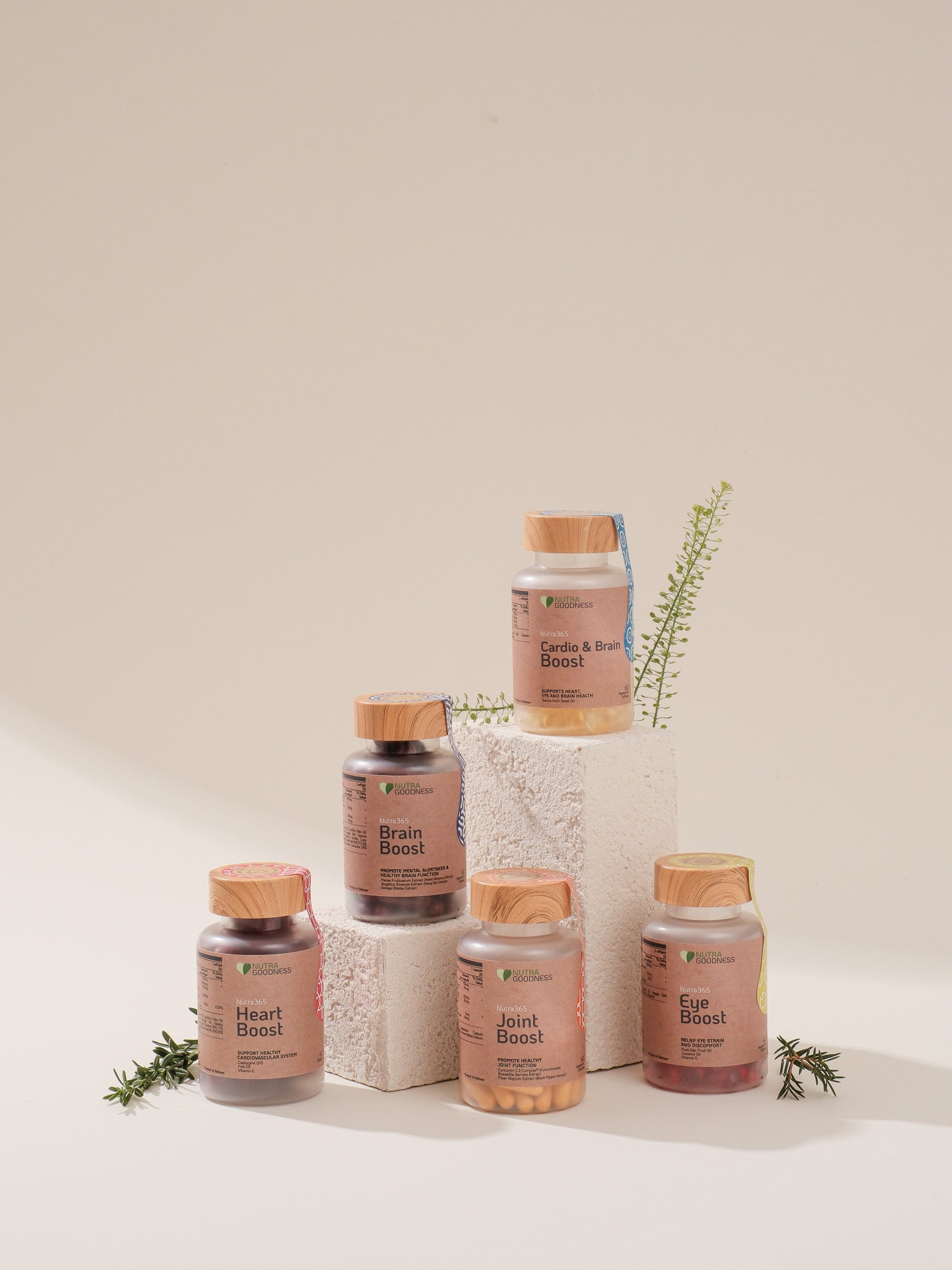
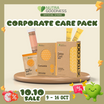
![[Nutra Goodness MindFuel Wellness] Nutra365 Cardio & Brain Boost + NutraGummy Energy Boost + NutraFizz Effervescent](http://www.nutragoodness.com/cdn/shop/files/Oct_Banners-29_1.png?v=1759198351&width=104)
![[Nutra Goodness Glow & Hydrate Set] Nutra365 Heart & Skin Boost + NutraBreeze BeautyCool + NutraFizz Effervescent](http://www.nutragoodness.com/cdn/shop/files/Oct_Banners-30.png?v=1759198320&width=104)
![[Nutra Goodness Daily Defense Set] NutraBreeze DetoxCool + NutraFizz Vitamin C Effervescent + NutraSooth Lozenges](http://www.nutragoodness.com/cdn/shop/files/Oct_Banners-31.png?v=1759198291&width=104)
